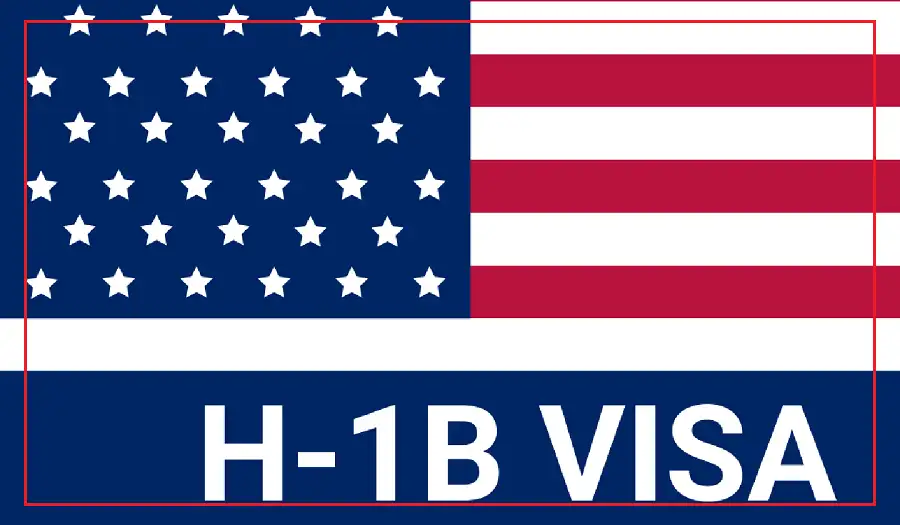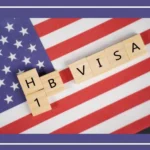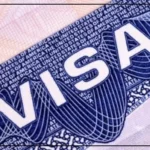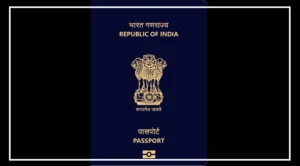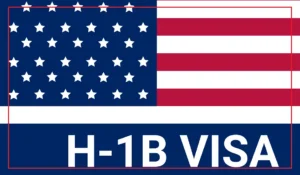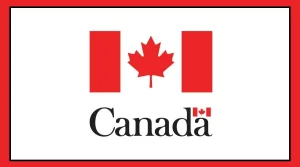A recent survey on Blind, an anonymous app used by professionals, shows rising concern among Indian workers in the US who hold H-1B or L-1 visas.
If they lose their jobs and have to leave the US, 45% said they would go back to India, 26% would try to move to another country, and 29% were unsure.
These results show how immigration uncertainty is affecting people’s career and life choices.
The main worries about leaving the US were lower salaries (25%), lower quality of life (24%), adjusting to culture or family issues (13%), and fewer job opportunities (10%).
When asked if they would choose a US work visa again, only 35% said yes.
The remaining 65% were unsure or said no, showing changing opinions about living and working in the US.
Visa Issues Grow as Indians Face Deportation and Changing Rules
Much of this frustration comes from personal experience.
About 35% said they or someone they knew had to leave the US after losing a job, often within the short 60-day grace period.
Some even received deportation notices before the grace period ended.
One out of six people said they or someone they knew got a Notice to Appear just weeks after losing their job, increasing fear of being banned from the US.
Immigration lawyers are now advising people to leave quickly after being laid off to avoid legal trouble.
Tensions also rose after Donald Trump recently asked US companies to “stop hiring in India.”
In the survey, 63% of professionals working in the US thought this could help their companies, while 69% of professionals in India believed it would hurt theirs.
Policy Changes Could Push Students Away from US Careers
New visa rules could make things harder. On August 8, 2025, the US Office of Information and Regulatory Affairs approved a proposal to change how H-1B visas are given out.
Instead of the current lottery system, it would be based on wages, meaning those with higher-paying jobs would be chosen first.
A similar idea was tried in 2021. This change could hurt recent graduates and entry-level workers.
Each year, the US issues 85,000 H-1B visas, mostly to tech companies.
Experts warn that this policy could make studying in the US and starting a career there less appealing to international students.


